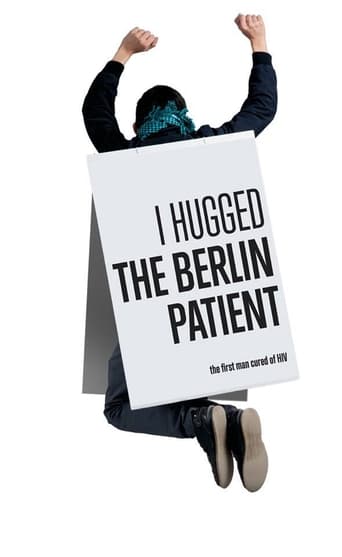
05 Dec 2013

I Hugged the Berlin Patient
A spirited cancer survivor goes on a spontaneous search for 'The Berlin Patient' - the first man in the world actually cured of HIV.
A documentary film that tells the story of the Peter Kruger Clinic (PKC) – one of the first HIV/AIDS clinics in the United States, which was established at Beth Israel Hospital in 1989. Started during the height of the epidemic in New York City, PKC boldly stood against the stigma of the disease and served as a beacon of hope and a model of care for those New Yorkers diagnosed with HIV/AIDS. This powerful film traces the clinic’s origins and its impact over the last 3 decades, as told by the patients and staff that have called it home.

05 Dec 2013

A spirited cancer survivor goes on a spontaneous search for 'The Berlin Patient' - the first man in the world actually cured of HIV.

14 Nov 2023

A weary-looking middle-aged couple shuffle around their cluttered loft in Yangon, Myanmar. There is stuff everywhere, and a mountain of pills in blister packs lie haphazardly on top of a glass case. The loft turns out to be a clinic and the couple are qualified doctors. They are also artistic: she paints and draws, he is making a feature film, and their patients receive creative therapy in addition to regular treatment. This might not be a sterile, efficient hospital full of white coats, and the treatment rooms might look shabby, but there is real time and attention for people here.
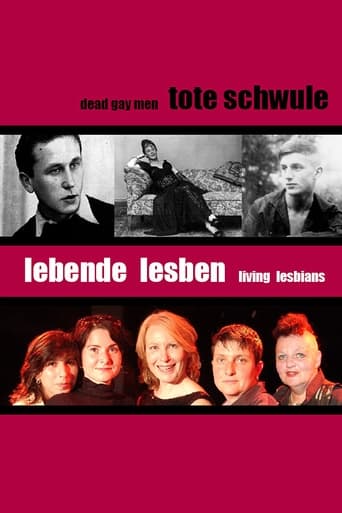
09 Feb 2008

As a result of the Holocaust and later, AIDS, the male homosexual community has sustained bitter losses and, according to Praunheim, lesbian women have now placed themselves at the head of the so-called queer movement. The female protagonists in the film represent two different generations; they also incorporate the past and present status of homosexuals in society.

10 Oct 2023

No overview found
AIDS, Inc. is a film about the multi-billion dollar AIDS industry, and how it profits from continuing fears and misconceptions about the disease.
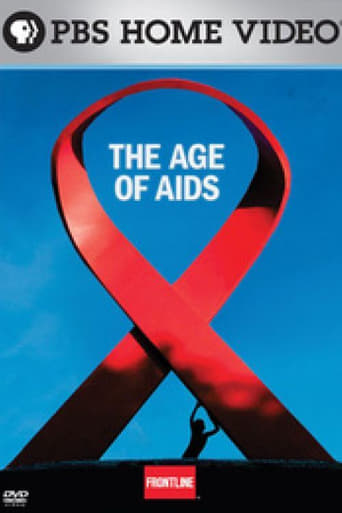
30 May 2006

After a quarter-century of political denial and social stigma, of stunning scientific breakthroughs, bitter policy battles and inadequate prevention campaigns, HIV/AIDS continues to spread rapidly throughout much of the world. Through interviews with AIDS researchers, world leaders, activists, and patients, FRONTLINE investigates the science, politics, and human cost of this fateful disease and asks: What are the lessons of the past, and what can be done to stop AIDS?
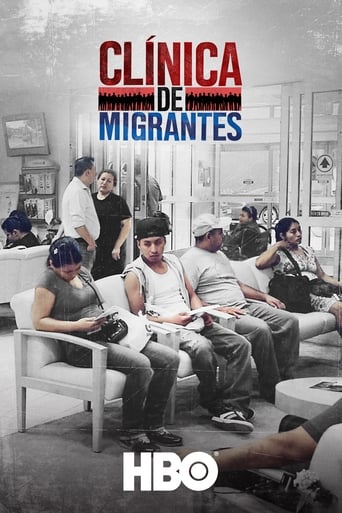
09 Apr 2016

Puentes de Salud is a volunteer-run clinic that provides free medical care to undocumented immigrants in south Philadelphia. Here, doctors and nurses work for free to serve people who would otherwise fall through the cracks. Clinica de Migrantes, a potent film by Maxim Pozdorovkin, follows the workers and patients of Puentes through months of routine care and growth. Along the way, the film puts a face to the millions of people who exist on the margins of society: people displaced from their homelands, separated from their families, unfamiliar with the customs, unable to obtain health insurance and terrified to come forward to seek medical help. Along with revealing these patient stories, Clinica is also a look at the heroic doctors and nurses who work pro bono to ensure these people receive care, offering a deeply moving look at the limitless potential of humanity.
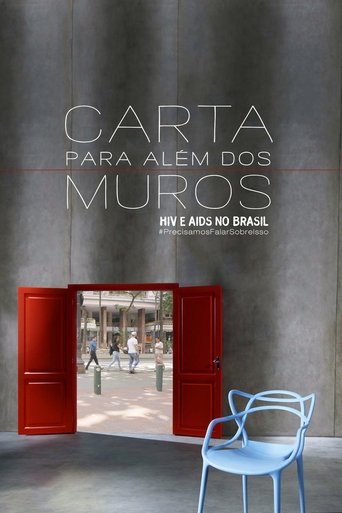
26 Sep 2019

Letter Beyond the Walls reconstructs the trajectory of HIV and AIDS with a focus on Brazil, through interviews with doctors, activists, patients and other actors, in addition to extensive archival material. From the initial panic to awareness campaigns, passing through the stigma imposed on people living with HIV, the documentary shows how society faced this epidemic in its deadliest phase over more than two decades. With this historical approach as its base, the film looks at the way HIV is viewed in today's society, revealing a picture of persistent misinformation and prejudice, which especially affects Brazil’s most historically vulnerable populations.
21 Nov 2009
A look at the rampant HIV epidemic rate in Swaziland.

01 Oct 1990

Explores the lives of Sara, Gigi and Giovanna, three Latino transvestites who for years have lived on the streets of Manhattan supporting their drug addictions through prostitution. They made their temporary home inside broken garbage trucks that the Sanitation Department keeps next to the salt deposits used in the winter to melt the snow. The three friends share the place known as "The Salt Mines".

21 Jun 1996

Ricardo was once Sara, a homeless HIV positive transvestite, living in the underbelly of Manhattan. Today he is a churchgoing, married man, "saved" by a Dallas ministry. He has renounced his homosexuality, but is his conversion complete? Susana Aiken and Carlos Aparicio offer an intimate look at Ricardo's transformation.
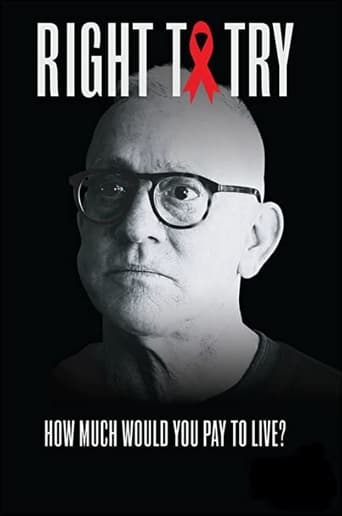
13 Aug 2021

The business of HIV is uncovered through the lens of a long-term survivor, who puts his life on the line in search of a cure.
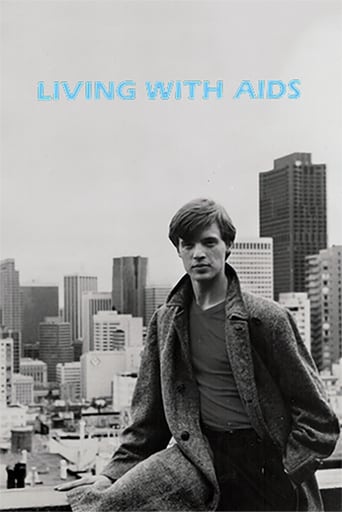
19 Jul 1988

The compelling story of Todd Coleman, a 22-year-old gay man with AIDS, and those who cared for him during the last weeks of his life. Todd, his lover, doctor, nurse, social worker and two volunteers reveal the human realities and the importance of practical support, friendship and unconditional love.
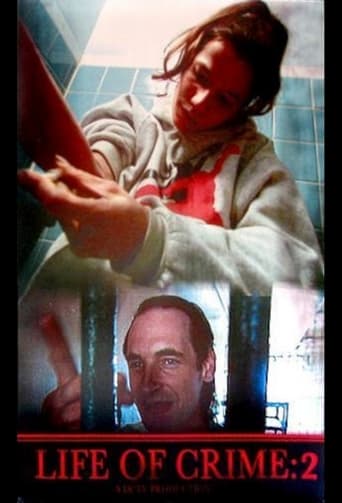
15 Dec 1998

This follow-up to the 1989 documentary ONE YEAR IN A LIFE OF CRIME revisits three of the original subjects in New Jersey during a five-year period in the 1990s. We share in their triumphs and setbacks as they navigate lives of poverty, drug abuse, AIDS, and petty crime.
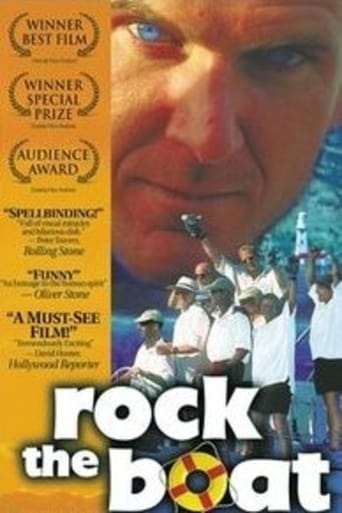
05 Mar 1999

A crew of HIV+ sailors compete in the Trans-Pacific Yacht Race that travels from California to Hawaii.
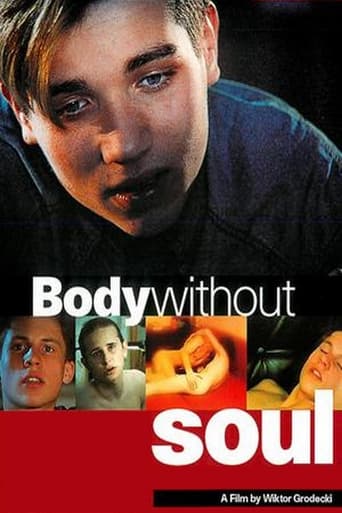
09 Nov 1996

A stark documentary about young male prostitutes in Prague, aged 15 to 18, who work the streets, train stations, and clubs. Through candid interviews and behind-the-scenes footage of gay porn shoots, the film explores their lives, struggles, and dreams, touching on themes of exploitation, identity, AIDS, and survival.

21 Mar 1989

Made during the last months of actor Kurt Raab, who died of AIDS in 1988. Raab, who had worked in both theatre and film, most notably with Fassbinder, was in the process of making a series of video sketches for a new production when he learned that he had AIDS. Despite his deteriorating health, and with the caring support of his friend Hans Hirshmuller, he carried on working. This tape is his last testimony. Awarded with the Adolf Grimme Award and Cinéma du Réel Award
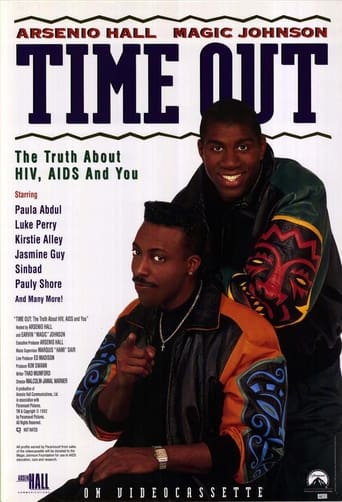
10 Sep 1992

Join stars Paula Abdul, Luke Perry, Sinbad, Pauly Shore, Jaleel White and many, many more as they take an entertaining, music-filled and honest look at HIV and AIDS. You'll get all the latest facts, important dos and don'ts, and you'll meet some wonderful people. Co-hosts Arsenio Hall and Earvin "Magic" Johnson even hit the court for a little one-on-one, and then take "time out" for an informative heart-to-heart! For people who already know about HIV and AIDS, and for those who don't, TIME OUT is a video you can't afford to miss.

10 Jul 2021

ME/CFS is a devastating disease that affects around 300,000 people in Germany alone. There has been little help for sufferers to date. Many doctors are not familiar with the clinical picture and treat it incorrectly. However, something has been happening recently, partly due to the coronavirus pandemic: because the late effects of Covid-19 correspond to the typical symptoms of ME/CFS...
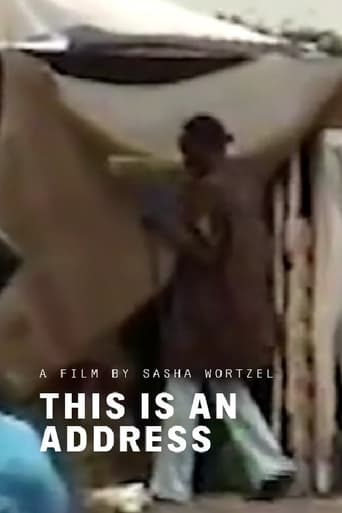
23 Oct 2020

Stonewall veterans (including prominent trans activist Sylvia Rivera) and HIV-positive New Yorkers take up residency on the Hudson River piers as cranes raze vacant buildings for a new skyline.